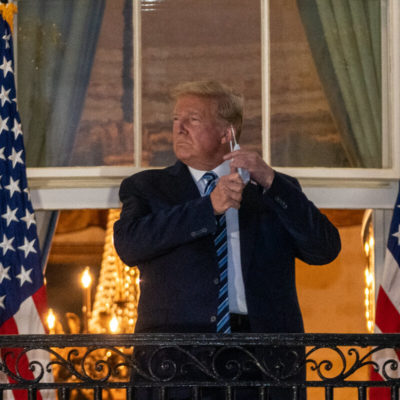As we enter our second pandemic winter, I’m reading a wide range of things. Some baseball. Some nostalgia. And some science. If you’re interested in some new reads this winter, continue on for the full list.
Richard Dawkins – The Blind Watchmaker
By this point, most people know Dawkins as that science jerk who keeps making Islamophobic comments. But before he went down that road, Dawkins was actually a great public science educator. He had a knack for putting Darwin’s theory of evolution by natural selection in a way people could understand. And he wrote this book during that earlier, better phase of his career.
The book’s more than 30 years old now. But – aside from some outdated computer games and analogies – it holds up! I think anyone looking to learn about evolution would do well by reading it. From the book’s central metaphor (a play on William Paley’s analogy in favor of the existence of God) to its examples, Dawkins teaches us a lot.
Chad Harbach – The Art of Fielding
I’m always up for a good book about baseball. Even just after the season ends. In this one, a college baseball player deals with a case of the ‘yips‘ – a sudden inability to field his position of shortstop. He loses his ability to field routine ground balls, even when he can still make difficult plays.
The novel explores all the things in his life that led to this great failure. And it explores a cast of characters around the college baseball team suffering from problems of their own. Even the college president seems to be going through a crisis.
I’ve actually read a few baseball novels recently. I’ll probably write about some of the others in upcoming reading lists.
Nick Salvatore – Eugene V. Debs
Salvatore tells the life story of Eugene V. Debs – famous socialist and resident of small-town Indiana. In Salvatore’s way of telling it, both these facts figure prominently into Debs’s life.
Readers might know Debs as a fiery speaker and leader of the early 20th century Socialist Party of America. He ran for president five times – once from prison! – and twice won almost a million votes (1912 and 1920).
Salvatore traces the history of Debs to late 19th century Terre Haute, where industrial capitalism remained at its earliest stages. As a result, Debs grounded his socialism in a vision of pre-industrial capitalist, small-town life. From this beginning, Debs was a fairly conservative labor leader in the 1880s, hoping to maintain the environment of class collaboration that characterized this period.
But Debs fully radicalized by the 1910s. He promoted a vision of the socialist commonwealth, where industrial democracy would lead the way. He even came to endorse the Bolshevik Revolution in Russia as a possible avenue to get there.
As Salvatore presents it, the trouble with Debs is that he was very successful at making himself personally appealing to people, but he was far less successful at putting together an appealing political program. Debs thus came off as more preacher than teacher. As the SPA declined in popularity, Debs couldn’t save it.
Douglas Stuart – Shuggie Bain
I picked up this novel even though it didn’t seem to fit my usual style. But I’m glad I read it.
Here’s the basic idea: a young man grows up in a working-class family in Scotland, mostly in the 1980s. He has an alcoholic mother and an absentee father. The other kids bully him due to his femininity and perceived sexuality.
Stuart succeeds at building them out into complex, real characters. Reading it gives one a sense of just how a person could come to be an abusive alcoholic. And how a person can continue to care for that person despite it all.
Trump Collection, Part 2: Carol Leonnig and Philip Rucker – I Alone Can Fix It; Michael Wolff – Landslide
As I wrote in my previous reading list, I’ve been reading a number of books on the Trump Administration. For this month’s list, I’ve read two very different tales of Trumpism. In their book, Leonnig and Rucker present Trump as an authoritarian out to destroy the U.S. Republic and replace it with an authoritarian nationalist program. Whereas Wolff, as in his previous book, presents Trump as an incompetent fool who fucked up repeatedly.
Leonnig and Rucker do the most thorough reporting. But the big problem is that they largely miss the bigger picture even while getting all the facts right. By contrast, Wolff doesn’t do the best journalist work. But he gets Trump. He understands what Trump is about. He points to Trump’s inability to focus on anything, his inability to implement any of his ideas, and his totally sloppy lack of understanding of what was happening on January 6.
